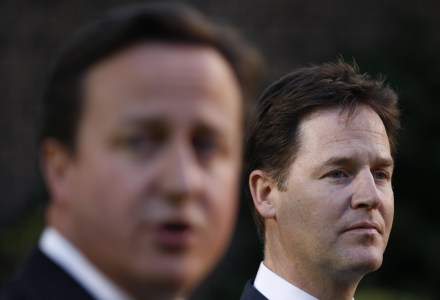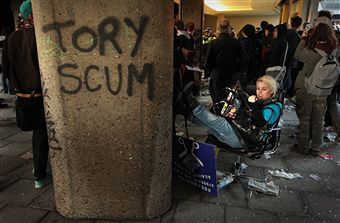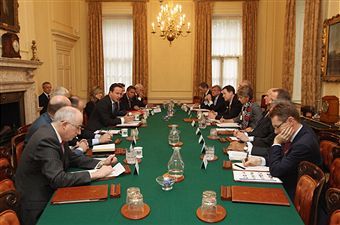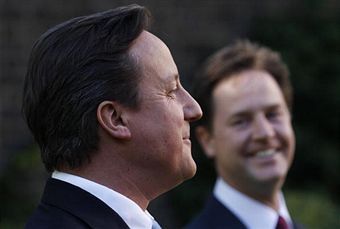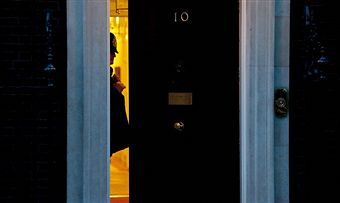Whatever happened to Labour’s economic message?
For some weeks now, Labour have struggled to project a clear voice on the economy. You can see what they’ve been trying to do: pitch themselves as an alternative to immediate, deeper cuts, whilst also accepting the requirement to deal with the deficit. But, as I’ve said before, this all too often comes across as nervous equivocation; a kind of “on the one hand, on the other hand” stuttering that won’t persuade many observers either way. You sense that Team Miliband have tried to correct this in recent weeks, with a few punchier performances, but, even then, mistakes and deceptions have greased into their offering. Anyway, I mention this because




